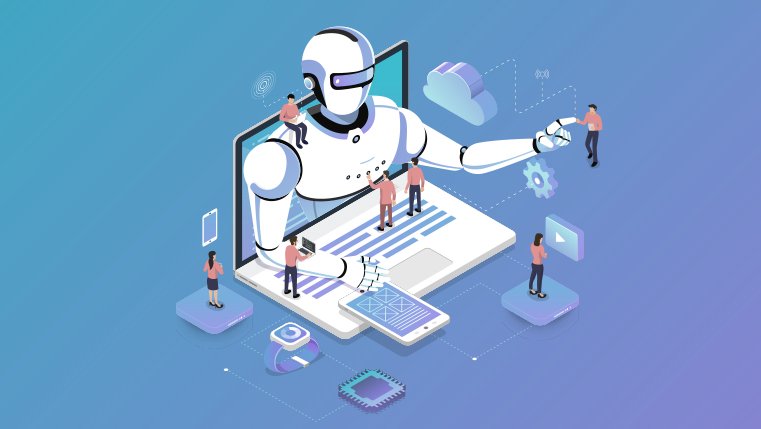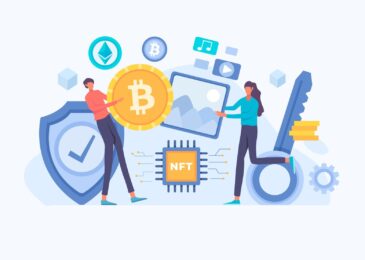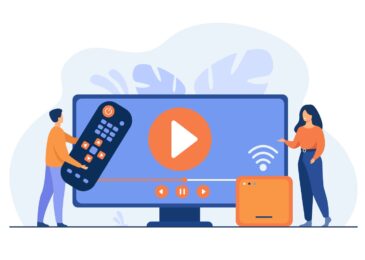How Artificial Intelligence Can Unplug Us In Todays World?
How Artificial Intelligence Can Unplug Us In Todays World?
If technology was a drug, it would be Class A. It’s addictive, widespread and has a massive impact on our lives; most of us can’t imagine ever living without it. Thankfully it’s got some uses, and it’s not entirely life-threatening, though there are some episodes of Black Mirror that might dispute that. Indeed, there are more than a few people who’d happily kick the habit and get back to living their life free, clean and ‘unplugged’. But with technology so ingrained in our work, personal lives and even psyche, is there any hope of stepping away?
Enter artificial intelligence, a term that has been met with excitement, confusion, and fear for decades now. These sentiments are only intensifying as developments bring about artificial intelligence that rivals or even exceeds human intellectual function called AlphaZero. They’re already the best at chess, shogi and go, after all. This is the fear around AI: losing our agency. But maybe losing our agency over a part of our life we don’t want to be dealing with is exactly what AI is made for?
This is the most recent case being made that AI: that it can help streamline our relationship with technology, eliminate our reliance on notifications and get us back to living in the real world.
Also Read – Why Should You Invest in Artificial Intelligence (AI) in 2020?
Let us know how artificial intelligence can unplug us in todays world?
Overwhelmed with technology –
I’m assuming (perhaps incorrectly?) that if you’re reading this, that you’re in a technologically developed Western country, in which we’re at a point where the amount of tech in our lives is overwhelming us, rather than helping us. With the advent of mobile technology and thereafter wearable tech like smartwatches, we are constantly inundated with notifications and updates and alerts, preventing us from switching off and being present in the world around us.
And is it any wonder? Our devices are increasingly like gambling devices, optimized to grab our attention and make us feel good. Neuroscientists have found that social media activates dopamine receptors in the brain we have evolved to crave. Technology is so ubiquitous that 90% of us feel phantom vibrations: a notification in our pocket when there is none.
How did we get here?
Considering how much technology is taking us out of our daily lives, the desire to go back to a simpler, pretechnological time is not unreasonable. But how far back do we go?
The 1990’s was the most recent decade that can truly be called ‘unplugged’. Before the internet took off in 1995, there were no interruptions from notifications, no concept of a social network beyond the people you could see or call on the phone. The first step away from this analog time was email, opening the door to intrusive spam and marketing on a daily basis, but it wasn’t until around 2005 that this technology became mobile.
With the arrival of mobile technology, the number of devices boomed. Before the arrival of the smartphone and the tablet, you could remove yourself from technology by just logging off your computer. Now, with mobile devices, it was possible (and, for much of the business world, necessary) to be connected all day, every day. The development of social media soon after cemented this trend, firmly reining technology into our personal lives as well as our working world.
Where are we going?
While, up until this point, the addition of more technology has only worsened the problem, the development of context-aware artificial intelligence might be the answer to our indoctrination to the digital world. Artificial intelligence is not another device to monitor, it is something to take you away from devices and connect you back to the real world.
Rand Hindi discussed this idea in a 2015 TEDx talk. His hopes for artificial technology are for how it can simplify our lives, rather than complicate them. With AI-driven by self-generated data, our devices will know where and when to send notifications so we’re not distracted or overwhelmed. In fact, more than just our mobiles, our entire lives can be hooked up to machine-learning: cars that drive themselves and know the destination, beds that know when we go to sleep and set alarms automatically, coffee machines that know when we get up and have the brew ready. On the macro level, whole cities will be able to optimize for electricity usage, transport efficiency, and traffic light coordination. Technology, Hindi claims, will essentially disappear, and we will be able to be ‘unplugged’ once more.
Conclusion –
The implications for this pervasive technology are, of course, huge. How will we and our lives change in a completely smart environment? I suppose there’s only one way to find out.
Author Bio –
Beatrice Potter is a professional writer at UK Writings and Academized. She writes about recruitment strategies. Also, Beatrice is a content manager at Essayroo Sydney.
Also Read – How Artificial Intelligence AI is used in different industries?





